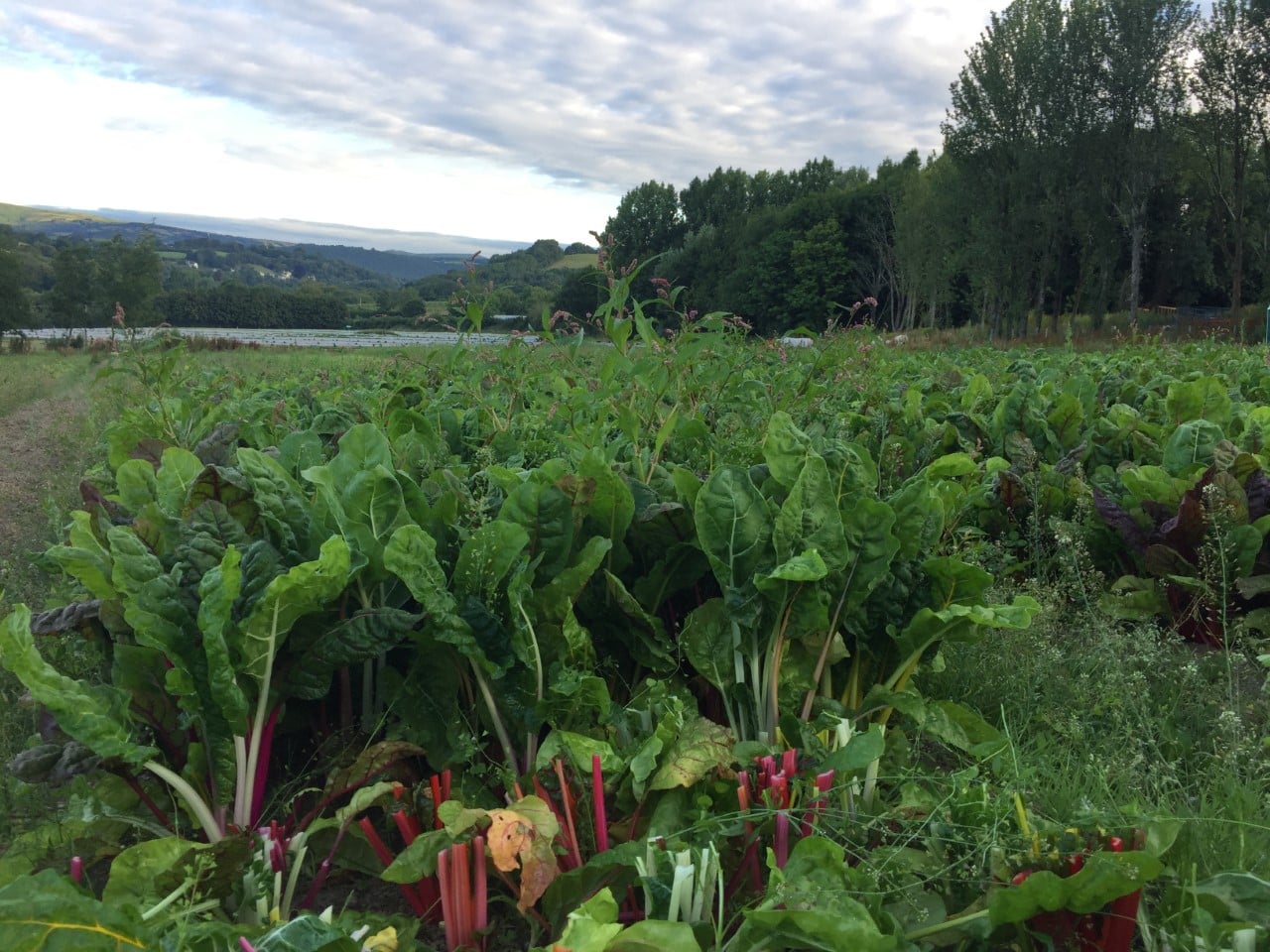In my youth, I harvested salad crops by hand, with a knife. We could cut around the weeds and cope with a variable crop, harvesting around 20kg per hour. Over 35 years, the price of vegetables has fallen relentlessly relative to labour, and fewer people are willing to do their bending outside of a yoga class. Today’s prices would not cover the cost of hand harvesting.
Technology and mechanisation have revolutionised horticulture; driving down costs and prices, and favouring specialisation. To afford the seedbed formers, precision drills, optical graders, and computerised weighers and baggers, you need to operate at scale.
Most UK salads are now grown by two or three big growers with supermarket contracts and farms in Spain, to give a year-round supply of the ubiquitous salad bags that have largely replaced lettuces on supermarket shelves.
This morning, we trialled a £36k camera-and-computer-controlled weeder, which guides blades between the rows of plants, just 60mm apart, within 10mm of the crop. As organic growers without herbicides, our challenge is to remove as many weeds as possible mechanically, reducing the need for hand-weeding or for sorting post-harvest.
As with all mechanisation, the machine favours uniformity; it struggled with our clods, stones, and remnants of turf, which either blocked the small gaps left for the crop rows, or were pushed into the rows, damaging the young salad plants. The answer might be to buy another machine to remove the stones, and beat the soil into submission to remove clods. The ultimate extreme is to remove all uncertainty, whether from weather, soil, disease, or people – and move the whole process into an artificially lit, sterile warehouse, where robots are happy (i.e. the vertical farming favoured by tech giants and corporate investors).
I am not anti-tech, I have no desire to go back to hand harvesting, and don’t want to ask you to pay more for your salad. The problem is not the technology itself; rather, the uniformity and rigid control that its commercial application requires.
Controlled uniformity is an anathema to nature, and comes at a high price – in terms of fuel and lost biodiversity. I suspect that however much diesel we burn cultivating our long-suffering soil, it will never be uniform enough for this machine. But technology offers exciting potential, too; I live in hope of a light, nimble, solar-powered robot, as flexible and versatile as I used to be.
More on technology:
















0 Comments